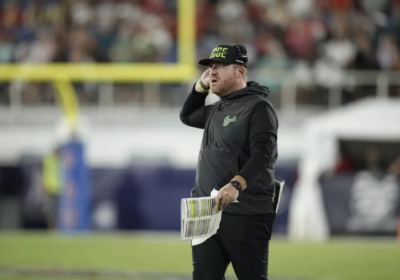Super Tuesday dependent on millennial voters

With Super Tuesday this week, many people have begun to question whether the election really matters to the college student population.
According to the U.S. Census Bureau, voters between the ages of 18 and 24 have consistently had a lower turnout than all other age groups since 1962. On average, only around half of eligible voters between 18 and 24 actually make it to the polls to vote.
Low millennial voter turnout may be due in part to the fact that many college students are not interested in the political process because of the issues candidates have been discussing.
Issues such as social security reform, healthcare reform and foreign policy do not resonate strongly with the college-aged population. This may be why Democratic presidential candidate Bernie Sanders has such a high appeal among college students and the young generation.
From the beginning of his campaign, Sanders made it a point to discuss reforms that could dramatically impact the lives of college students.
Instead of focusing on issues such as foreign policy or immigration, Sanders is focusing on economic reform and proposals like making community college free of charge for all Americans, and raising the minimum wage to $10 an hour.
These ideas resonate with the college-aged student population. A Quinnipiac Poll from February 1 even shows that Sanders was favored 74 percent over Hillary Clinton’s 23 percent nationwide by voters age 18 to 44.
This shows that Sanders may have a chance at convincing college students to vote for him and ultimately win the nomination.
Considering that the normal voter turnout among college students is 50 percent, Sanders could take the nomination if more college students register and show up to vote.
In fact, Sanders has called for a political “revolution,” saying the only way to truly enact change in Washington is to not only vote, but to vote for the people who would be willing to enact change.
Unfortunately, many college students don’t believe their vote makes a difference. However, the 2000 election clearly demonstrated the power of individual votes. President George W. Bush won over Al Gore by 537 votes in Florida.
If 538 more people had voted for Gore, our country may be in a very different place than we are today. Voter turnout has a monumental effect on elections, especially in a swing state like Florida.
Super Tuesday and the election in general should be important to college students because many of the issues the next president will face will impact the millennial population.
Matthew Salway is a junior majoring in biology.






